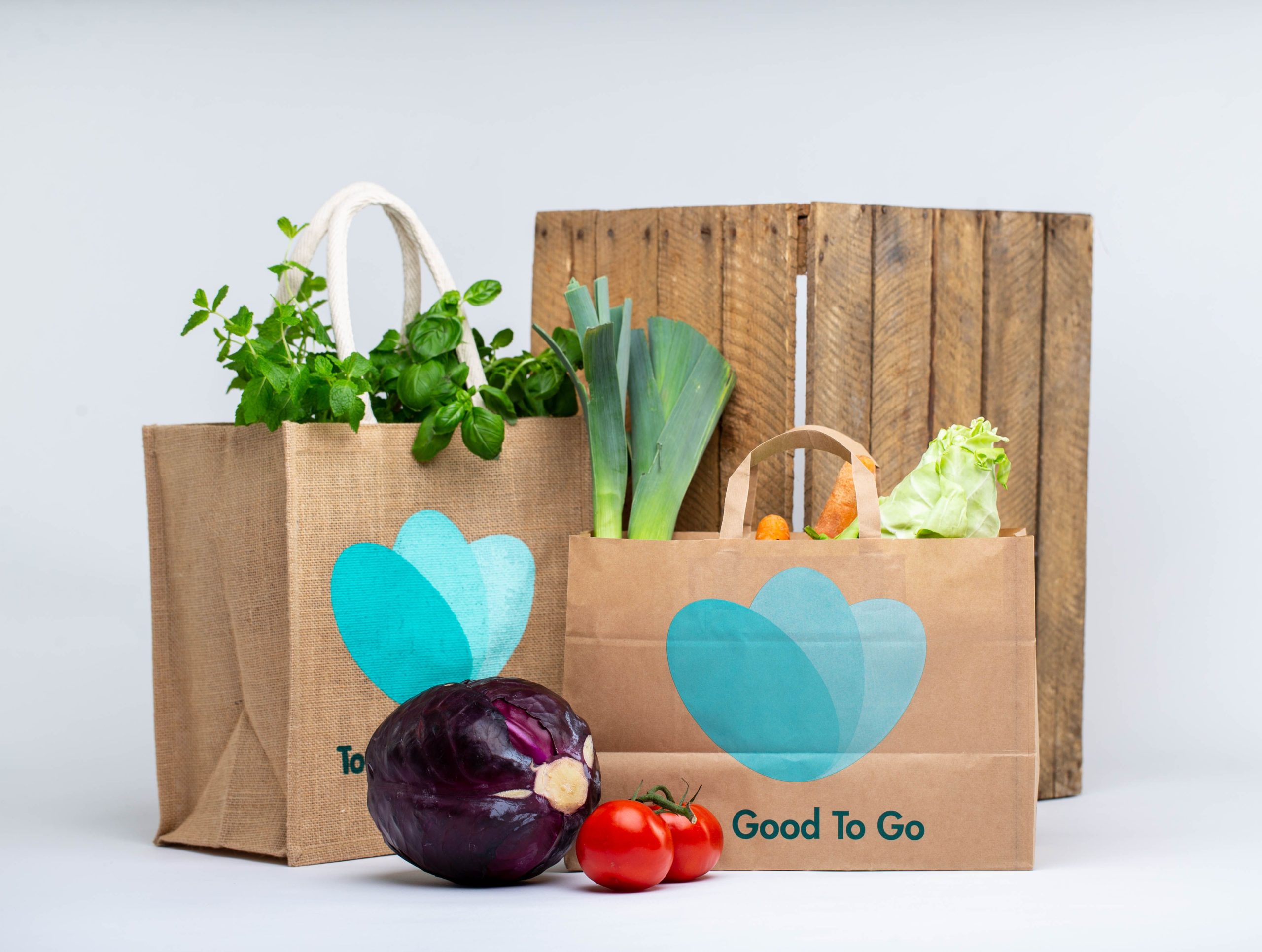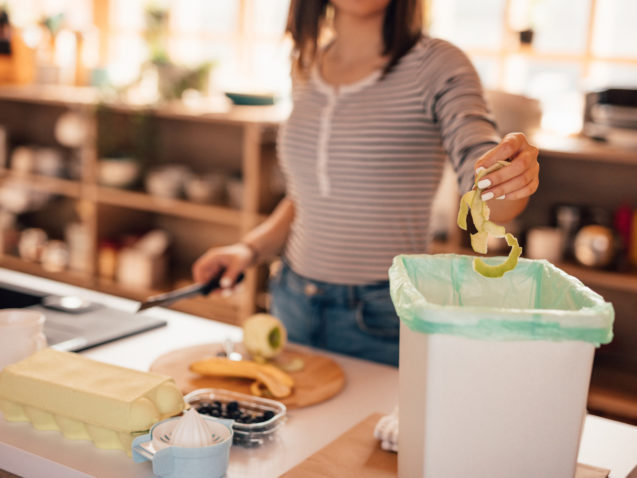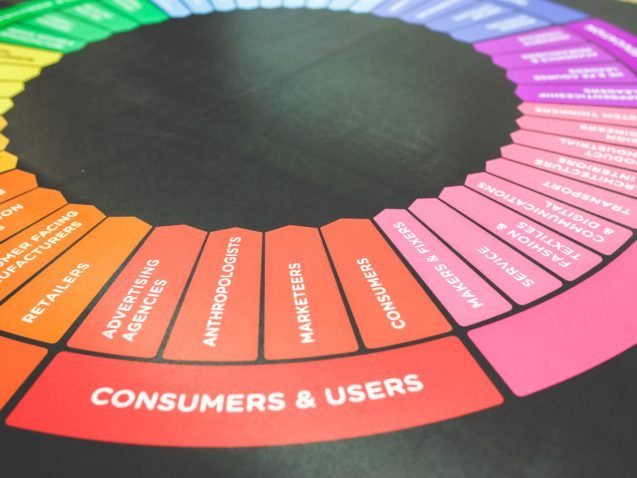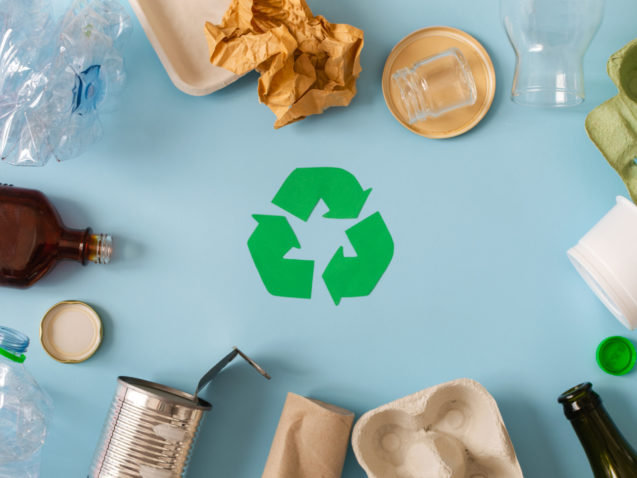Four years after saving its first meal in Copenhagen, Too Good To Go has now been downloaded more than 23 million times, saved 43 million meals, and avoided the equivalent of more than 108,000 tonnes of greenhouse gas emissions, or the same as 22,500 vehicles driven for one year. 51,000 restaurants, supermarkets, bakeries, hotels and cafés in 15 countries work with the company to save the perfectly good, surplus food they would otherwise have to throw away at the end of the day. I asked Christophe Diercxsens, Global Public Affairs Manager at Too Good To Go, to explain how the company is tackling global food waste, one meal at a time.

Food waste is a global problem. A third of all food produced for human consumption goes to waste, at which point it is at best fed to animals or recycled, and at worst sent to landfill or incineration. Not only does this pose serious ethical questions, it also deeply threatens the environment – the food we waste is responsible for 10% of all global greenhouse gas emissions, and 28% of agricultural lands worldwide are used to produce food that is ultimately wasted.
“If food waste was a country, it would be the third highest emitter of greenhouse gases after the US and China, according to the UN Food & Agriculture Organization (FAO)”
The average European citizen wastes around 92kg of food each year, and the annual financial cost of this is estimated at €143 billion.
The Too Good To Go solution sprang from an opportunity to address this issue with a win-win-win solution. The founders of Too Good To Go built a marketplace for the surplus food that restaurants, hotels, supermarkets and bakeries would have had to throw out at the end of the day, allowing businesses to make money out of food that would otherwise be wasted whilst also reaching new customers. Users buy the food at a lower price, and all parties have a positive impact on the environment. The marketplace directly addresses the food waste happening at the food service, wholesale and retail level, or around 17% of the total food waste in Europe.
The first meal was saved in Copenhagen in March 2016 and the vision has remained the same ever since: Inspiring and Empowering Everyone to Fight Food Waste Together. Four years later, the company now operates in 15 countries, with 43 million meals saved through the mobile application, and over 23 million users saving one meal every second. The company is now preparing for its US expansion in September 2020.
How to inspire and empower?
Reducing food waste is the most impactful action in addressing climate change, according to Project Drawdown, which ranks climate actions according to impact. The Too Good To Go app empowers everyone to take that step by connecting them to the restaurants, supermarkets, bakeries and hotels which have surplus food to be bought and saved. After downloading the app, users can see what’s for sale near them, and buy directly through Too Good To Go. They can view what’s close by, available at right that moment, or search for specific options such as location, vegan or vegetarian. They then just turn up at the store at collection time, show the receipt on their phone, and are handed a surprise Magic Bag of food. Typically, a 3 to 5 EUR Magic Bag will have an original value of 10 to 15 EUR.

This is the “win-win-win” solution benefiting businesses, users and the planet – businesses recuperate costs on food which would otherwise be wasted whilst reaching new customers; users get a bag of perfectly good food at an affordable price, and it all has a positive impact on the environment.
“The vision of Too Good To Go is a planet with no food waste; its mission is to inspire and empower everybody to fight food waste together”
The app is just one way the company is working to make this a reality. It also runs projects with and for households, schools, businesses and policy-makers to change behaviour and influence legislation to reduce food waste further, and is building a ‘Movement Against Food Waste’ made up of four pillars with different targets:
- Households account for almost half the food wasted in Europe, and so Too Good To Go provides educational messages, with tips and tricks that reduce food waste in the home through better buying, storing and cooking. The overall goal is also for citizens to regain an understanding of the value of food, and to make the issue more visible;
- With the aim of going beyond retail and food services to address food waste and losses happening further upstream in the food value chain, Too Good To Go works with businesses to improve the sustainability agendas of the 51,000 businesses partners the company already works with;
- The focus on schools reaches younger generations through educational toolkits and classes that contain exercises and guides for teachers;
- The fourth pillar focuses on engaging with policy-makers to ensure the right regulatory frameworks to reduce food waste are adopted at local, national, and international levels, and to enable necessary changes to make food systems more sustainable.
The impact so far and what’s in store for the future
Too Good To Go is a hyper growth company, and by mid-2020, the company had grown to a 700 people scale-up fighting food waste in 14 European countries. Despite the challenges of the COVID-19 pandemic, the company plans to launch its US operation in New York and Boston by the end of September.
In Switzerland, France, Germany and Denmark, its ‘Often Good After’ date labelling campaign has brought together major food producers to reduce the amount of food waste directly caused by the misunderstanding of product expiration dates. Of all household waste, 20% can be attributed to this issue, and several international brands have made changes to their labelling to educate consumers on which foods are ‘often good after’ their best before dates.
In France, Too Good To Go is fighting food waste at a local level together with 41 newly elected mayors, representing 6.5 million citizens in total, through the enforcement of a seven-point municipal Charter against food waste. At EU level, the company is developing an advocacy strategy to tackle food waste through the EU Farm-To-Fork Strategy.
Too Good To Go is a clear example of a sustainable, income-generating business model which also works to solve a social issue. In the long run, established frameworks within global food systems need to be shifted towards an integrated food policy with sustainable and fair measures for each stage of the supply chain.







